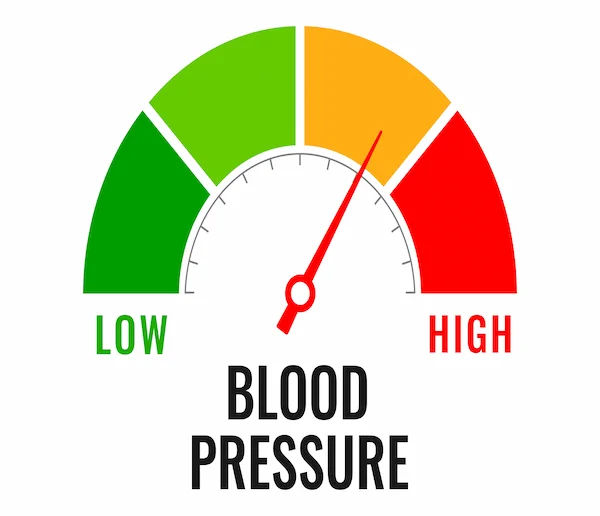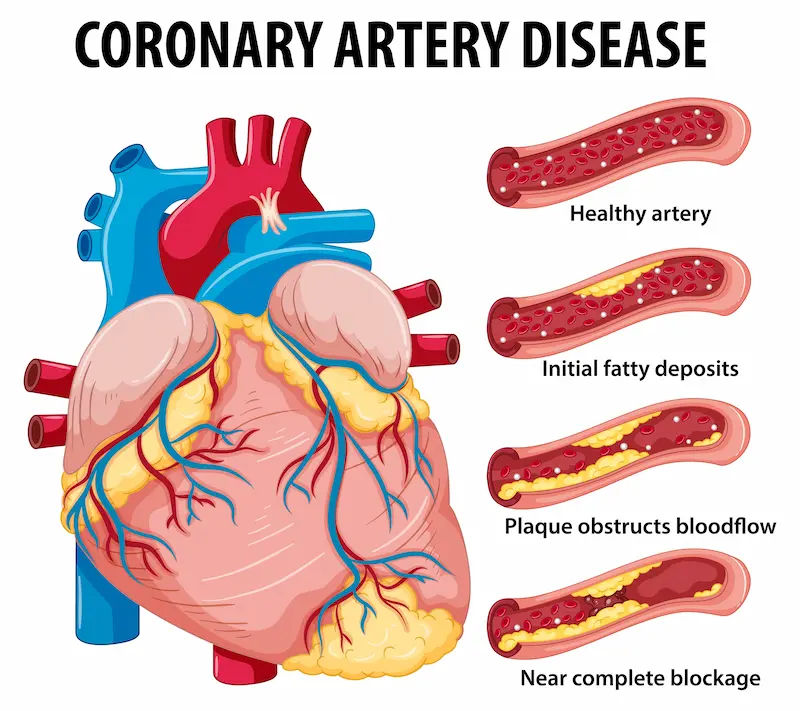- Male
- 61 Years
- 22/01/2025
I've been feeling really worn out and having a hard time sleeping because of my breathing troubles. I recently found out my ejection fraction is at 40. I'm super worried about it and want to know what I can do to feel better and improve my situation. Any advice on how to handle this?
More Cardiology Health Queries
View allI'm dealing with this ongoing issue of shortness of breath that just started up recently. It started after I began taking these medicines called Muktavati and Medhavati extra power from Patanjali for my high blood pressure. I was taking one tablet of Muktavati in the morning and one Medhavati at night for about 18 days, stopping on May 21st, 2022. Ever since I stopped, the breathing thing has been happening. What do you think could be going on here? Would really appreciate some guidance.
take pantop 40mg for 3 days
read more![Doctor 1]()
![Doctor 2]()
Answered by 1 Apollo Doctors
What to do when suddenly BP gets high?
Relax first and anxiety shoots the BP up. Take your medication (If you are a hypertensive) and seek medical help immediately
read more![Doctor 1]()
![Doctor 2]()
Answered by 1 Apollo Doctors
I'm really worried about my mom. She's been having this pain on the left side of her chest, and it spreads to her shoulder blade and down her arm. It's been really tough for her because she also feels uncomfortable when she's swallowing, and the pain gets worse when she takes a deep breath. She's not dealing with a cold, cough, or fever, but even with the meds she's taking, nothing seems to be helping. Could you please help me understand what might be going on and how we can treat it?
check cervical spondylosis
read more![Doctor 1]()
![Doctor 2]()
Answered by 1 Apollo Doctors
Disclaimer: Answers on Apollo 247 are not intended to replace your doctor advice. Always seek help of a professional doctor in case of an medical emergency or ailment.






